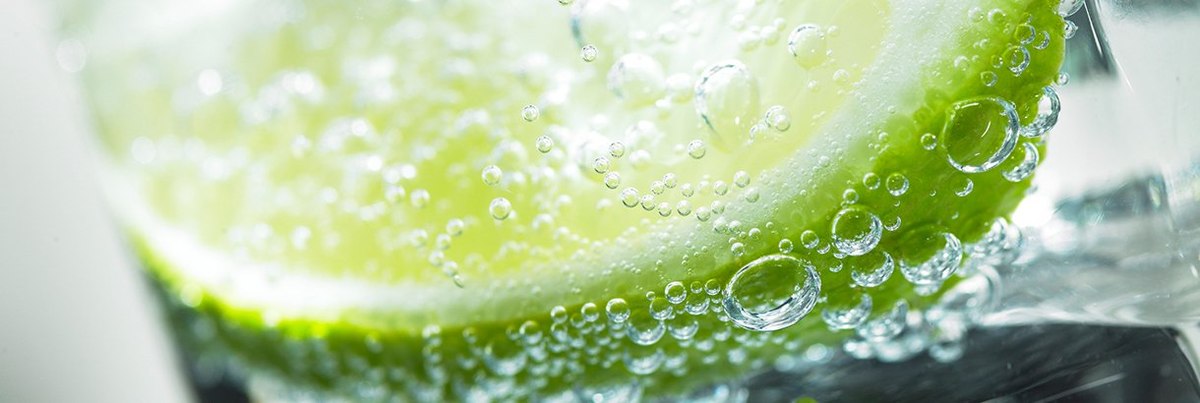Despite an unprecedented year for many retail categories, consumer demand for soft drinks sees just a marginal decrease in purchase likelihood from 2019 to 2020 and weekly consumption of soft drinks held steady across many types of drinks during the same period.
Last year, 62% of British adults said they were likely to buy soft drinks (i.e. non-alcoholic drinks such as juice, carbonated drinks, or non-carbonated drinks but excluding coffee and loose-leaf tea), a five-point decrease from 2019 (67%). The magnitude of the declines varies by age group, with the largest decrease among Brits aged 40-54 (9-points; from 72% in 2019 to 63% in 2020). Younger consumers, specifically those aged 18-24, were also eight-points less likely to say they were in market for soft drinks in 2020 compared with what they told us in 2019.
And while we see some decline among consumers aged 25-39 and 55 and over, the decreases in soft drink demand are smaller compared with that of the other mentioned age groups (3-points and 4-points, respectively).
A closer look at the types of soft drinks people consumed on a weekly basis shows a mixed performance. . Among those who say they are likely to buy soft drinks, roughly the same share say they drank carbonated drinks, diet carbonated drinks, bottled carbonated water, diet mixers, coconut water, and sports/energy drinks in 2020 as they did in 2019.
The data also reveals slight upticks in the consumption of soft drink categories such as squash/cordials (3-point increase) and fruit drinks/smoothies (4-point increase) from 2019 to 2020. Notably, weekly consumption of bottled still water dropped by five points in 2020 and may be due to the coronavirus crisis cutting into consumer demand for away-from-home drinks.
YouGov’s analysis also reveals fluctuations in what drives consumers to buy soft drinks. Among British consumers who indicate they are likely to buy products in the category, we see the biggest increases in purchase motivation relating to factors such as the quality of the soft drink and what it tastes like (6-point and 4-point increase from 2019 to 2020, respectively).
The data also shows marginal increases for purchase motivations such as how well-known a drink is and whether it is good value for money (3-points and 2-points, respectively). Consumers express continued demand for soft drinks with health-conscious recipes, such as ones that are low on sugar and calories, and the share of consumers who say this in each year remains stable (30%).
And notably for any new entrants to the soft drink space, British consumers were less likely to say that their previous experience with a brand, such as having tried a soft drink before, plays a factor in their purchase decision.
Throughout 2020, consumers in the market for soft drinks indicated taste (56%) was the top factor in their purchase decision, followed by good value for money (55%) and quality (44%).
:
The data is from YouGov Profiles and based on the interviews of GB adults aged 18 and over. All interviews were conducted online, and results have been weighted to be nationally representative. Each comparison period spans 52-weeks preceding December 27 in 2019 and December 29 in 2020.










